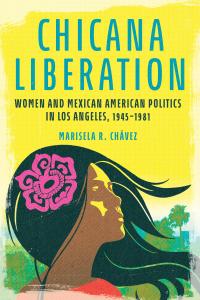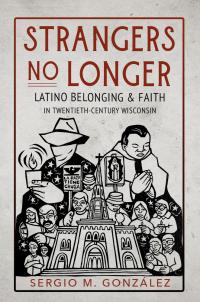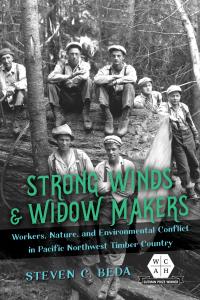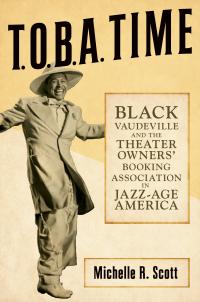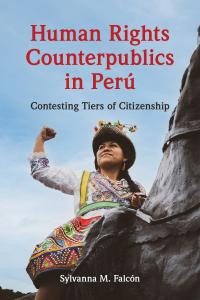
Postconflict Utopias
Everyday Survival in Choco, Colombia
Envisioning the end of violence in the Colombian Black Pacific
Cloth – $110
978-0-252-04627-8
Paper – $30
978-0-252-08834-6
eBook – $19.95
978-0-252-04763-3
Publication Date
Paperback: 10/22/2024
Cloth: 10/22/2024
Cloth: 10/22/2024
Series: Dissident Feminisms
About the Book
Black women in the department of Choco, Colombia, imagine the end of the armed conflict through activism and storytelling. Tania Lizarazo focuses on members of COCOMACIA, Colombia’s largest Black peasants’ association that defends the collective territories in the Pacific lowlands. Drawing on the life stories of members and their local, regional, and transnational networks, Lizarazo explains how Choco’s Black Colombian women survive through everyday collaborative practices—from showing up to caretaking. As rehearsals of peace-building, these stories and practices exemplify the embodied practices that make survival possible. Day by day, the women imagine what memory, peace, and justice could look like alongside violence. Though peace may seem impossible, wishing and working to materialize a postconflict in Colombia is part of worldmaking practices that center Black women’s knowledge.A merger of storytelling and theory, Postconflict Utopias explores the links between lived knowledge and survival while revealing the power unleashed when women ask the simple question, “Why not?”
About the Author
Tania Lizarazo is an associate professor in the Department of Modern Languages, Linguistics, and Intercultural Communication at the University of Maryland, Baltimore County.Reviews
Blurbs
“Postconflict Utopias is a must read for Colombianists, Black feminists, and other scholars. The stories and narratives of Black women in Colombia invite us to fundamentally rethink violence, organizing, and utopia. We see the power and magic in women’s everyday practices through which women collaborate, care and (re)make themselves and their worlds.”--Kiran Asher, author of Black and Green: Afro-Colombians, Development, and Nature in the Pacific Lowlands
